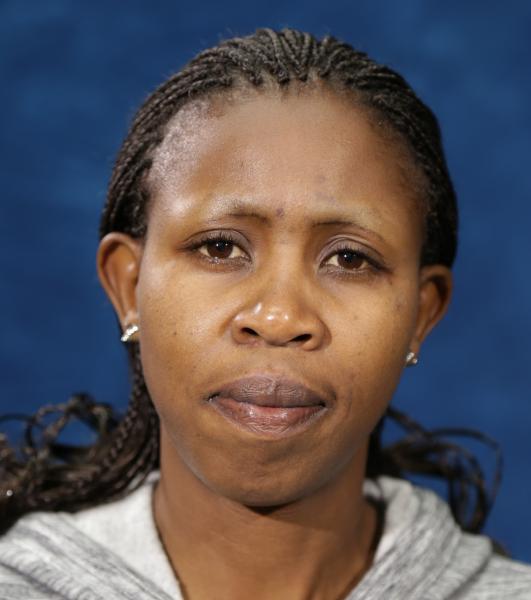
My name is Vivian Tuei. I was brought up in an agricultural-rich region in Kenya, the Nandi County where I also had my primary and high school education. My late father, who passed on 20 years ago, was a retired senior policeman, a strict disciplinarian, and was extremely pro-education. My mother is a retired primary teacher and she is also a small-scale farmer of tea, maize, vegetable, poultry, dairy, and trees.
I received my BSc in Biochemistry and Chemistry from University of Nairobi, Kenya, and MS and PhD (2010) in Molecular Biosciences and Bioengineering from University of Hawaii at Manoa, USA. My course into my professional education and research has been majorly shaped by my quest to understand the causation and molecular mechanisms of metabolic diseases following my father s sudden demise from a hypertensive-related stroke. My past research undertakings also exposed me to technical expertise in the production of recombinant human serum albumin, a protein, and its mutants in a yeast expression system.
In the past five years, I have been mainly serving as a faculty member at local public universities in Kenya where I taught biochemistry and molecular biosciences and served in various administrative roles. I am currently a lecturer of Biochemistry at the Department of Chemistry and Biochemistry, University of Eldoret, Kenya. I believe in continuous learning, sharing of knowledge and mentoring others. In the recent past years, I have realized the very low public biotechnology awareness existing in our country in the midst of a continuing ban on the importation of genetically modified foods, which has led me to consider how I can best be part of the solution. There has been an almost unavoidable rapid expansion of university education in the country including in biochemistry and biotechnology fields in the recent past as a result of the dramatic population increase, despite the limited government funding to universities for expansion of scientific laboratory infrastructure and training. My concern therefore is that the country s progress in biotech-related research and training, uptake of its beneficial applications particularly the agri-biotech applications, and development of biotechnology-related industries might greatly lag if the low public biotechnology awareness is left to prevail.
To be part of the solution of the aforementioned problem in my country, I decided to join the Kenya University Biotechnology Consortium (KUBICO) early this year, where I am serving as the University of Eldoret s Chapter Coordinator. Under the KUBICO s platform and teamwork, I hope to bring vigor and leadership amongst the biotech experts in my region to communicate biotech issues, mentorship of students and devise strategies for increasing biotech research and outreach capacities. Indeed, I am greatly enthusiastic being a fellow in the 2015 Cornell Alliance for Science Fellowship Program where I am continuing to learn to become an effective science communicator, educator, and leader on biotech applications for food security, betterment of health and environmental sustainability through an evidence-based scientific outreach communication.
